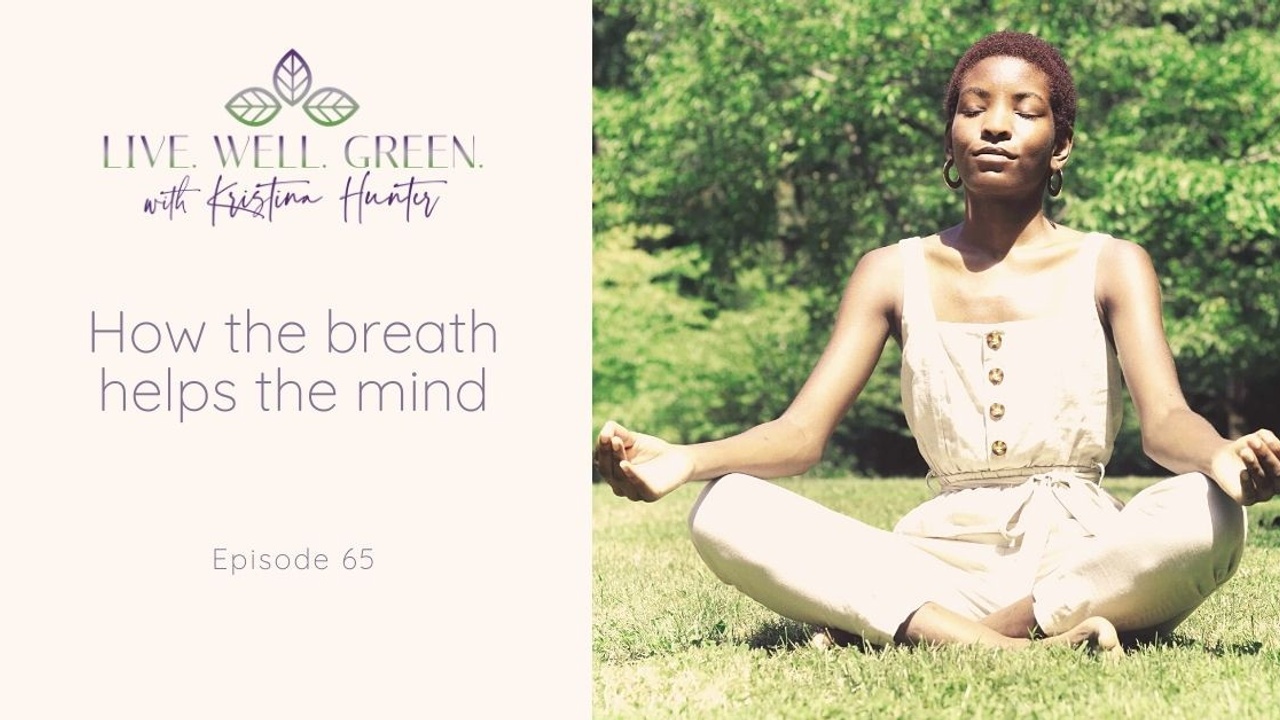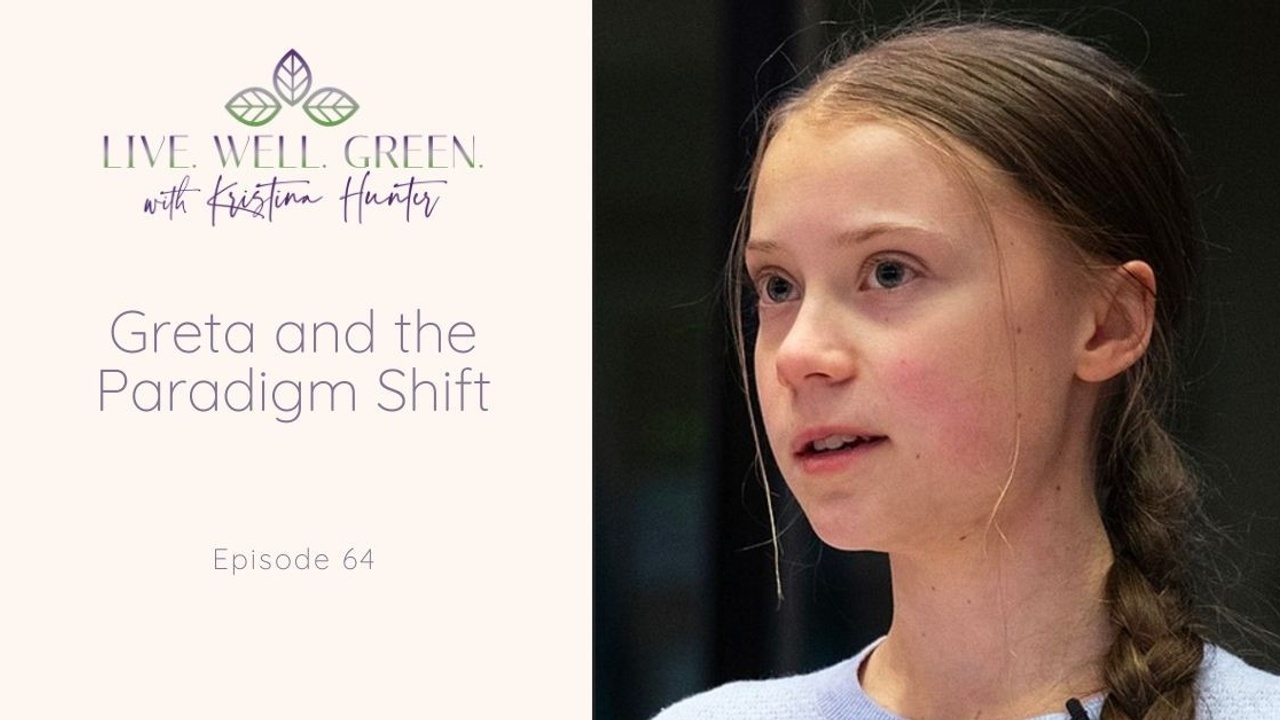Sustainable wellbeing and green living
Let's find ways to Flourish!
How to enjoy seasonal whole foods with Getty Stewart
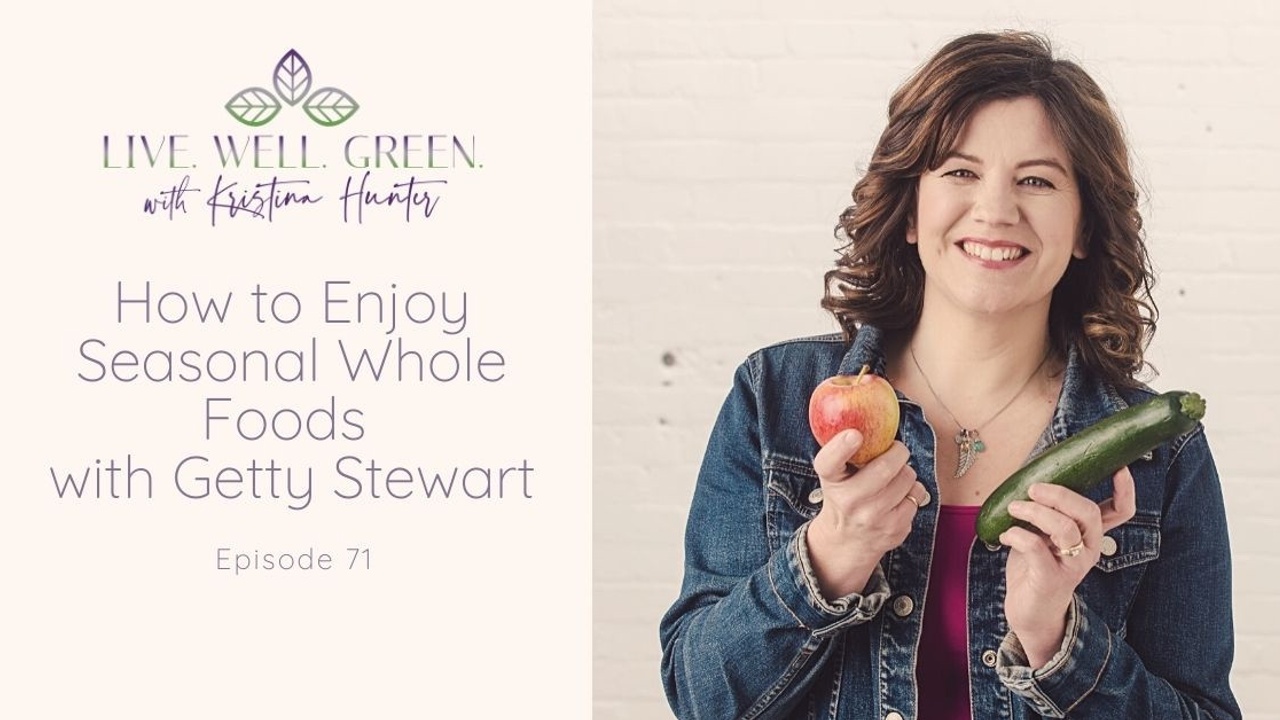
Raising Eco Minimalists with Laura Durenberger
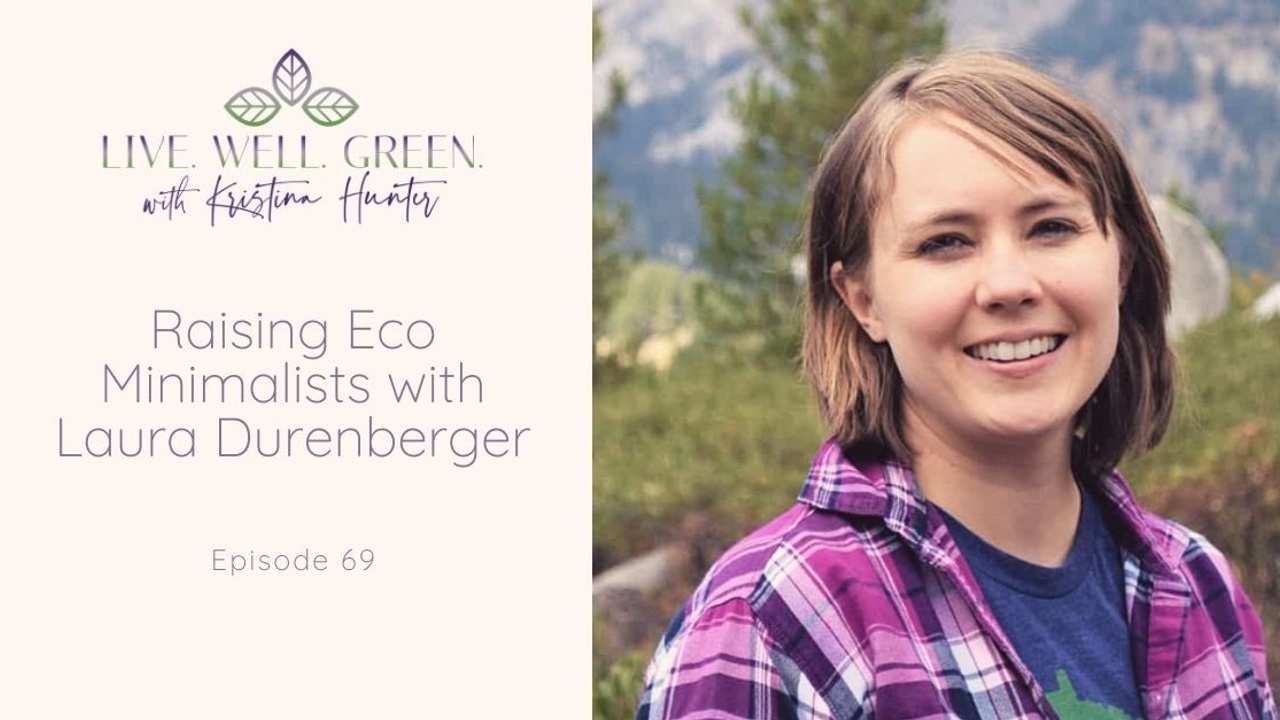
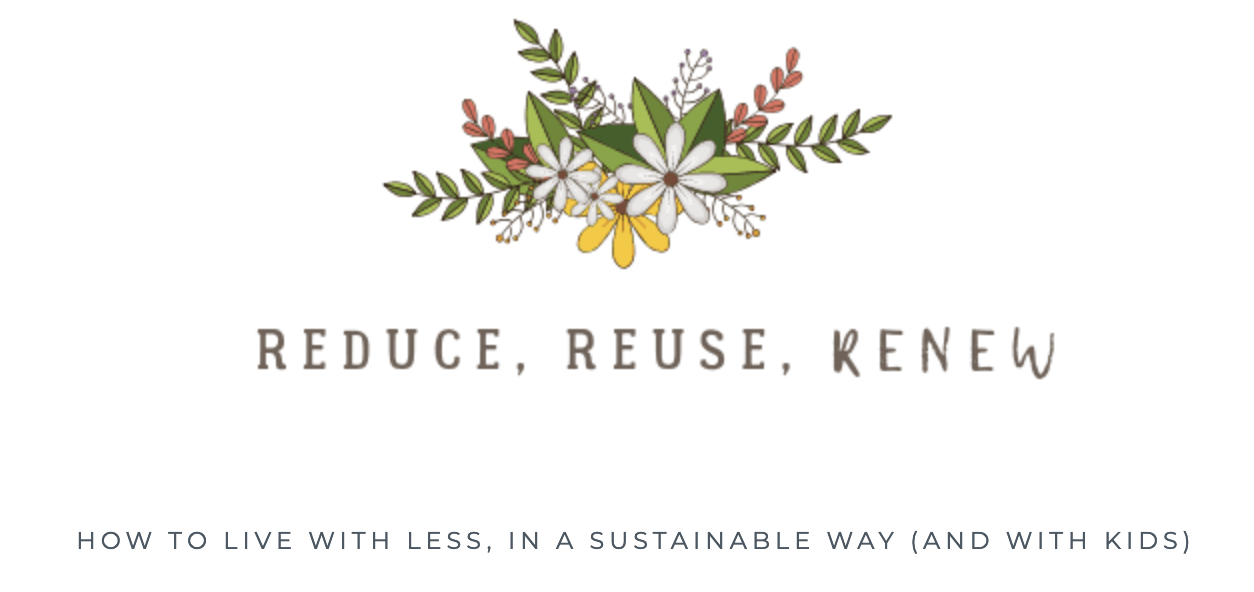
Teaching on the Tundra with Dr. Ryan Brook
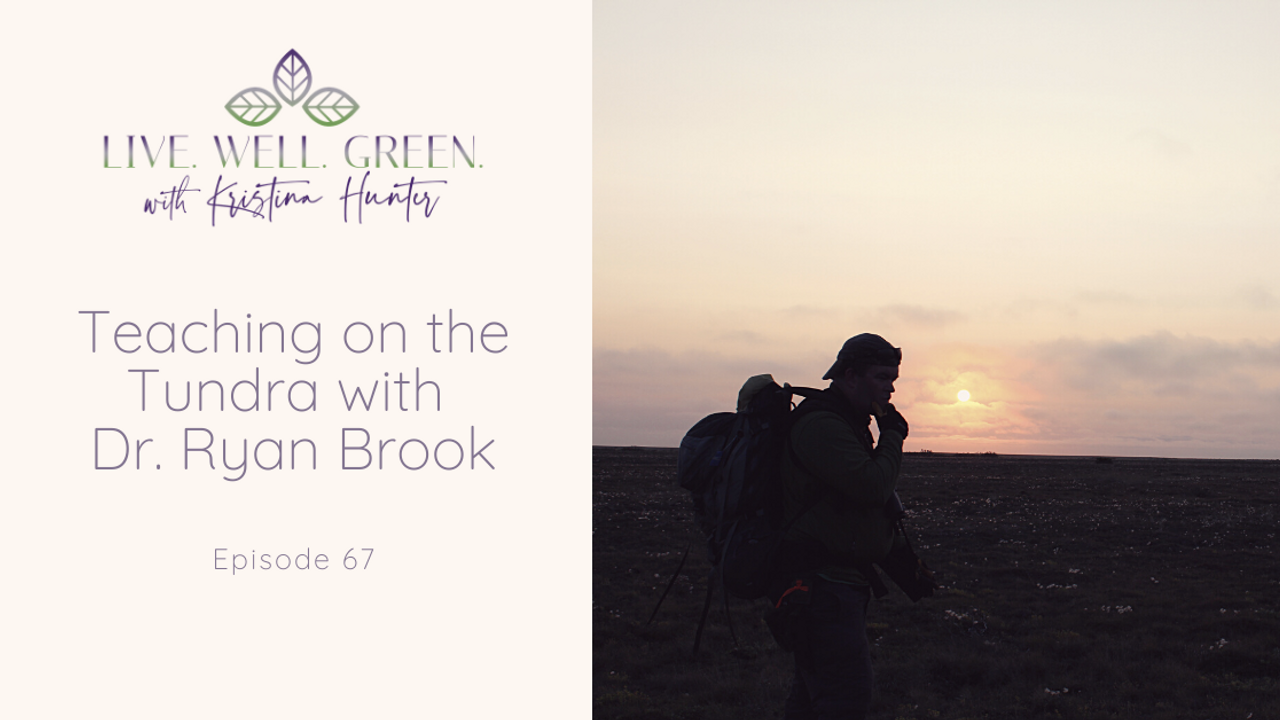
"This course changed my life." That is what I heard repeatedly from students who returned from their 2 week experience on the tundra with my former classmate and now colleague, Dr. Ryan Brook. I was intrigued. I don't care how great a teacher you are, it is pretty rare to have students say that your course changed their lives.
But here were multiple students each year professing this same message to me after their tundra experience. And then, I got the phone call that would change my life, and my husband's life and make it so much richer - all while doing crazy amounts of work for long hours and virtually no pay.
And I loved it.
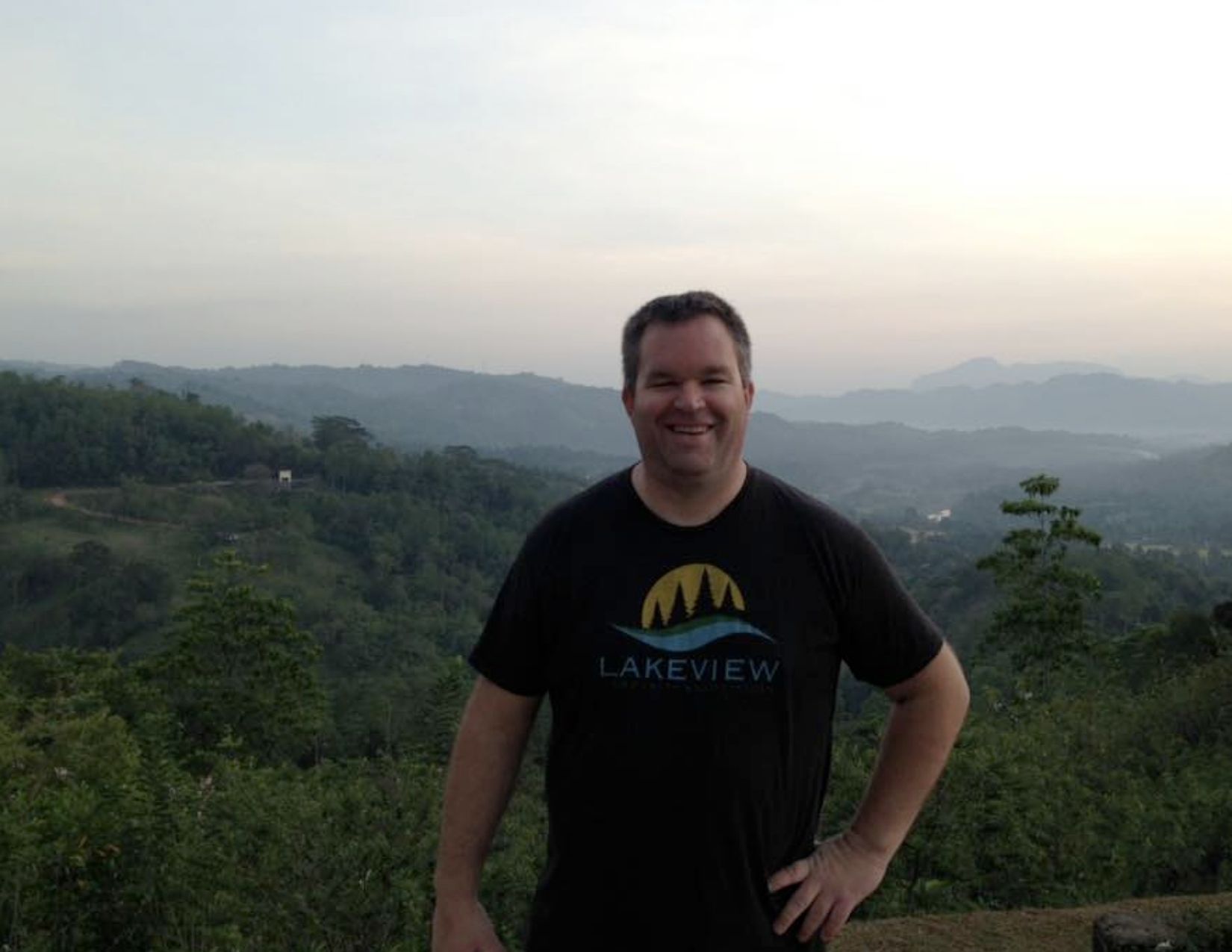
Dr. Ryan Brook, University of Saskatchewan, Associate Professor
Of course, that phone call was from my former classmate, Ryan Brook. Ryan was now teaching a version of the course that I took when he was the teaching assistant, called Wildlife and Ethnoecology in the Manitoba Coastal Region. What a mouthful that was, but it was a great...
Soil to Silk with Madhulika Choudhary
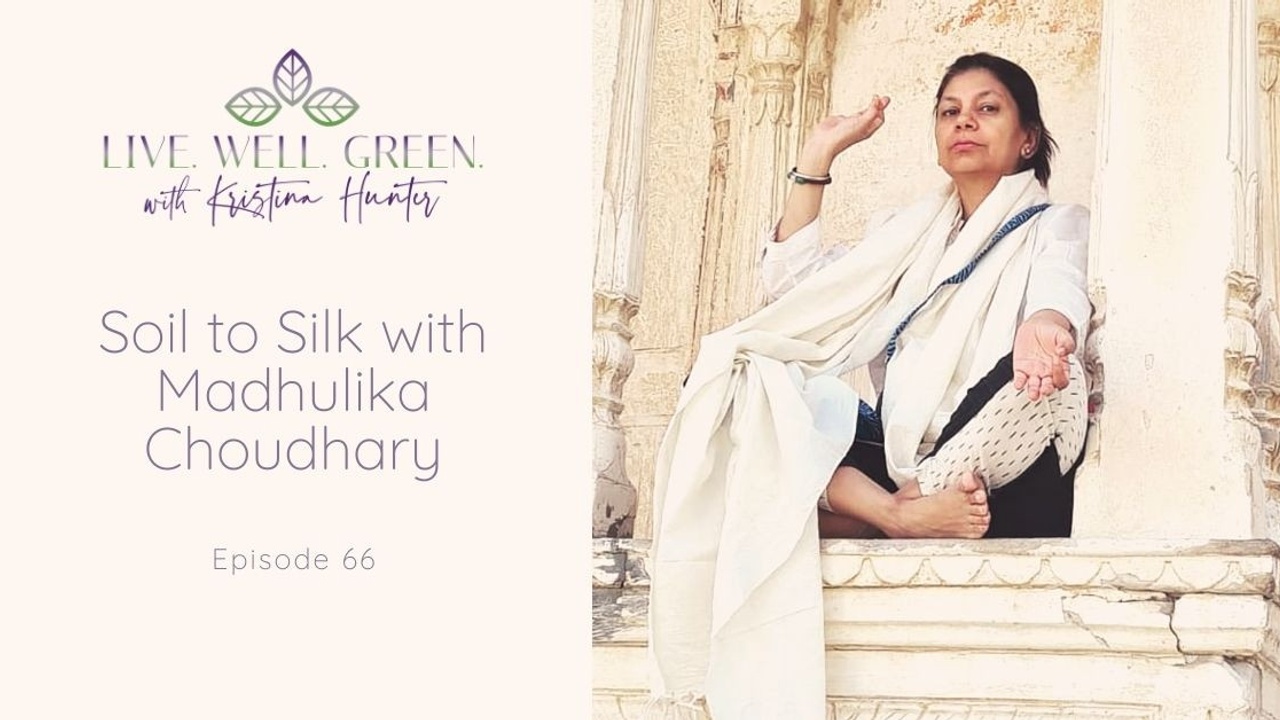
I had the pleasure of chatting with Madhulika Choudhary who has become a slow silk producer in rural India after inheriting a plot of land from her father. She had fond memories of spending time in the village where her family is from, with its local pond full of fish and children playing.
But when she returned 20 years later, the pond was no longer thriving. Western agricultural practices had taken over, including the pressure to use chemical pesticides and fertilizers. These new advances left the producer with high input costs as they produce non-traditional crops, but it also meant the loss of fish and wildlife as chemicals ran off into the nearby waterway.
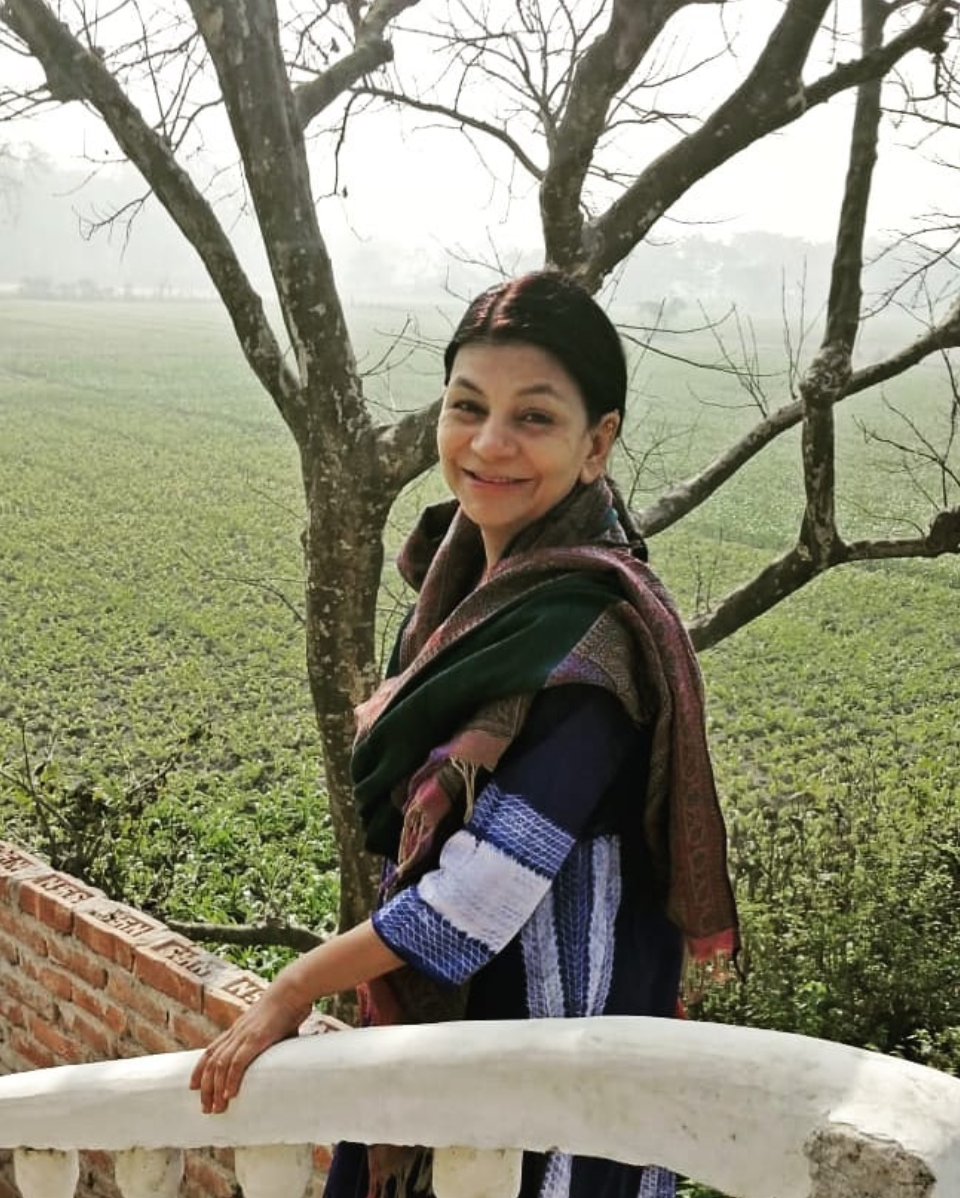
The mulberry crop to be fed to the worms is organically grown, Madhulika Choudhary.
Madhulika had plenty of experience working in underserved communities and knew a little about the textile industry, so she took the opportunity to bring a traditional practice of Sericulture, or silk farming to her family's...
Pre and Post Natal Sustainable Wellbeing

It is easy for new parents to feel a little overwhelmed and even scared at times when you consider all of the changes happening. Then to add on the concerns over environmental sustainability, and avoiding harmful toxins, what you should or shouldn't buy can be quite the maze!
I chatted with Kimberly McFerron, Pre and Post Natal Exercise and Education Specialist and she talked about her own experiences with navigating sustainability issues in pregnancy and with a newborn and comes up with plenty of great advice, everything from diaper pails to baby food. And all with the perspective that you don't need to do it all at once.
Focus on Essentials
Kimberly suggests that all you really need to do is focus on the fundaments of ensuring that women feel safe and supported during pregnancy and focus on the essentials of what a new baby needs, which is really their food, sleep and clean diapers.

So how does she accomplish this with an eye to living lighter on the earth? For...
Breaking the Fast Fashion Habit

"I have nothing to wear!" How often have we exclaimed this even though we have a closet stuffed full of clothes? Yet, it happens - so we might head out and purchase something new at a cheap price point, and there it is - the fast fashion habit! The problem is, it is causing huge harm to the environment, and perpetuates poor labour practices. But, not to worry, we have AK Bryan here to help us to break the fast fashion habit, with practical tips and great ideas!
As you are aware, the fashion industry has been ramping up the production of inexpensive and cheaply made fashion and it comes at a high cost - to the environment and to the poorly paid workers in the industry. The problem with excess production of cheaply made garments is that it is placing an enormous toll on the environment. Everything from the source textiles whether it is cotton or synthetics, and all the way along the production process there are resources used and carbon emitted, and waste generated.
And...
Climate Change Stories Rewritten

The Climate Illustrated project grabbed my attention on Instagram because they are doing something different than the other activists out there. First of all, they are using the platform to share stories. Stories from real people allowing us to glimpse into the richness and diversity of the human experience, and how that experience is being threatened by climate change.
The stories that they share are of real people and their concerns over environmental issues - how they overlap with climate justice, daily survival, and their deep connection to the natural world. It is an amazing way to glimpse snapshots of life around the world.

But more than that, the images that they are using to tell these stories are stunning and powerful at the same time. It goes far beyond the usual depiction of climate change issues with melting glaciers and threatened polar bears. Through illustrations, they depict scenes that could be snapshots of a life or a portrait of resistance.

This...

